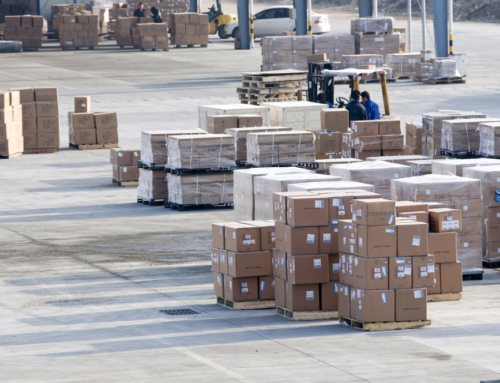European Union Sustainable Aviation Fuel Requirements
The European Commission, the European Union’s (EU) executive legislative branch, recently introduced new sustainable aviation fuel (SAF) requirements and reporting for flights within and departing from the EU. This new law, called ReFuelIEU, aims to reduce the aviation industry’s carbon footprint by replacing traditional fossil fuels with SAF made from sustainable sources.
Starting in 2025, all flights departing from EU airports will be required to use a minimum of 2% SAF, increasing to 6% by 2030 and 70% by 2050. The legislation is a part of the EU’s effort to reduce greenhouse gas emissions, with the aviation industry identified as a significant contributor.
SUSTAINABLE AVIATION FUEL
Sustainable aviation fuel (SAF) is made from renewable feedstocks such as cooking oil, agricultural byproducts, and non-food crops. It is considered a “drop-in” fuel as it doesn’t require any modifications to aircraft engines. SAF is more environmentally friendly than traditional fossil fuels, which have higher carbon emissions and contribute to air pollution.
ReFuelIEU
Industry experts have differing opinions on ReFuelIEU, with some hailing it as a significant milestone in the EU’s commitment to global climate action, while others express concerns about potential price gauging and unequal distribution of SAF throughout EU countries. To address these concerns, some recommend the implementation of a “book and claim” system. The EU currently follows a “cap and trade” system.
BOOK AND CLAIM VS. CAP AND TRADE
In a “book and claim” system, airlines can purchase certificates representing the environmental benefits of a certain amount of SAF produced and used by other companies. The system creates a market for SAF certificates and incentivizes SAF producers, but it does not create a mandatory demand for SAF. However, a “cap and trade” system sets a mandatory cap on the total carbon emissions allowed for the aviation industry. The cap is gradually lowered over time, creating a market demand for carbon allowances. This system incentivizes companies to reduce their carbon emissions to meet the cap and can create a market demand for low-carbon fuels such as SAF.
The recent addition of aviation to Europe’s ETS means that all airlines, regardless of their origin, must keep track of their emissions, report and confirm them, and give up allowances based on their emissions. Additionally, the free allowances given to airlines will gradually decrease and be eliminated by 2026.
NEED HELP COMPLYING WITH SUSTAINABILITY REGULATIONS?
Visit GreenWorldwide.com to learn how we are supporting efforts to create a sustainable global supply chain.





